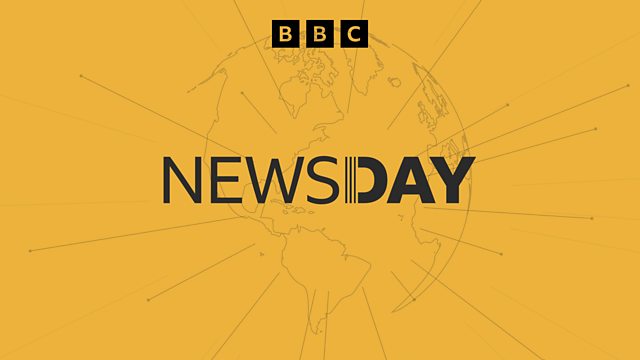
G7 to hold emergency meeting on Ukraine
Virtual gathering to discuss escalation in Russian airstrikes
The G7, an organisation of the world's seven largest so-called "advanced" economies, is due to hold a virtual meeting later to discuss their response to Russia's escalation in attacks on Ukrainian cities. The White House said President Biden and other leaders will review their commitment to supporting Kyiv, with the US already promising advanced air defence systems. Ukraine's president, Volodymyr Zelensky, is expected to address the gathering. We speak to a Kyiv resident after airstrikes targeted the centre of the Ukrainian capital for the first time, we hear anonymously from Russian citizens as President Putin's mobilisation campaign continues, and we get the latest on the ground from our correspondent.
In Ethiopia attempts at brokering a peace deal between the federal government and rebels in the region of Tigray appear to have stalled. African Union talks were meant to start last weekend in South Africa but were postponed due to logistical issues, and fighting continues to rage in the Tigray region. To consider the possibility of future dialogue, we speak to former senior United Nations official Mukesh Kapila, who has been involved in Darfur, South Sudan and Sierra Leone peace talks in the past.
A newly formed party has won Lesotho's parliamentary elections and now looks set to form the country's next government. The Revolution for Prosperity party, only launched in March by businessman Sam Matekane, won the majority of seats in the 120 member parliament, and the win is expected to usher in significant change in how the country is governed. For more, we are joined by Mohalenyane Phakela, a Lesotho Times newspaper journalist in Maseru.
This week marks an entire year since Iraq's last general election, but a government is yet to be formed there. The political paralysis means a state budget cannot be passed to address the country's many problems, including high unemployment and failing infrastructure. The political deadlock intensified in July when lawmakers aligned with influential Shia cleric, Moqtada al-Sadr, resigned en-masse, leading to protests and violence. To discuss what could happen next, we speak with Renad Mansour, a Senior Research Fellow at the Chatham House Iraq Initiative, who's in Baghdad.
Last on
More episodes
Broadcast
- Tue 11 Oct 2022 05:06GMTΒι¶ΉΤΌΕΔ World Service
